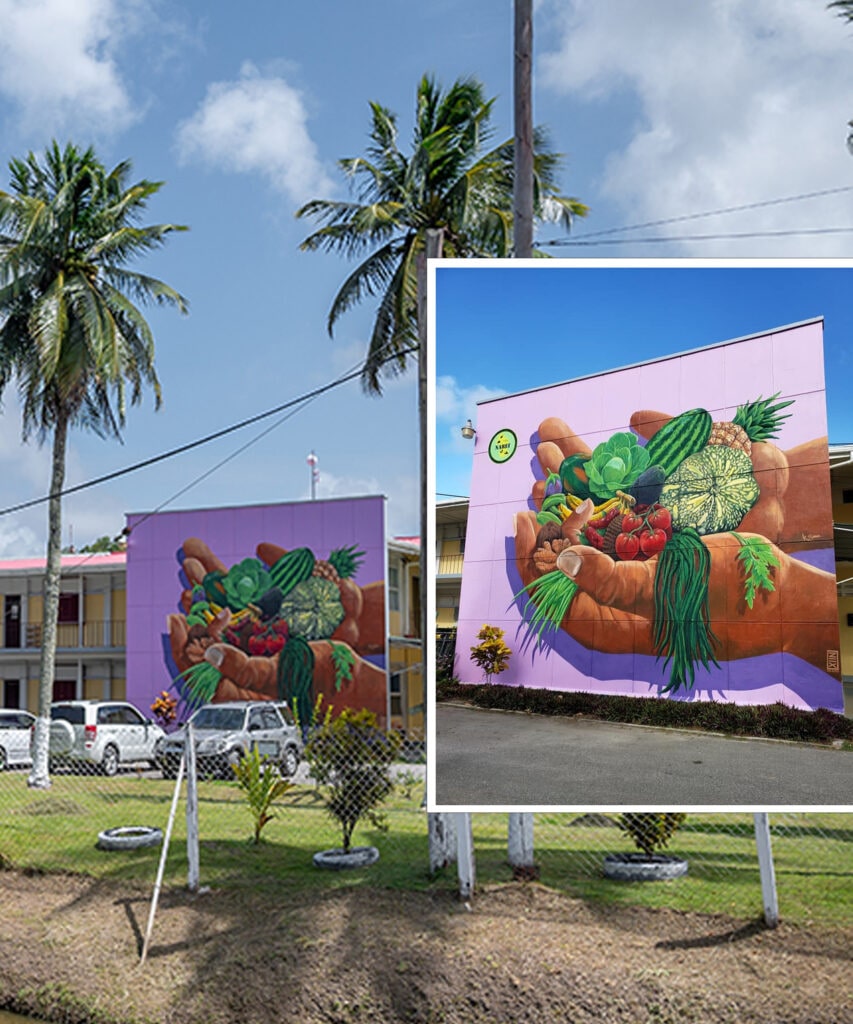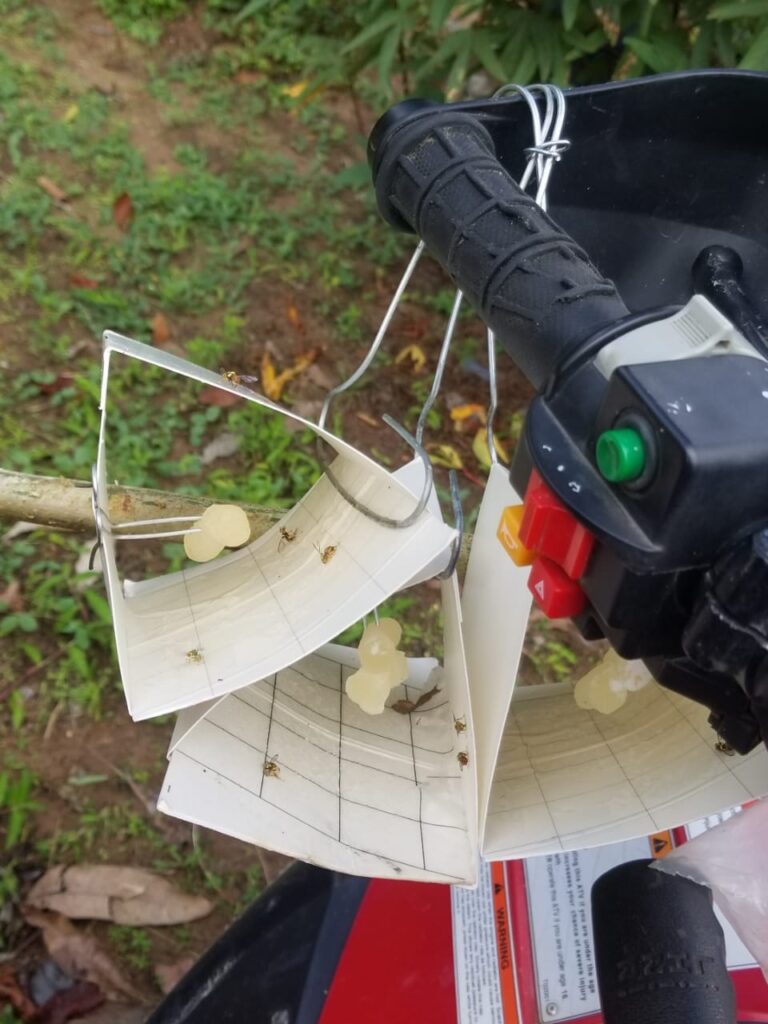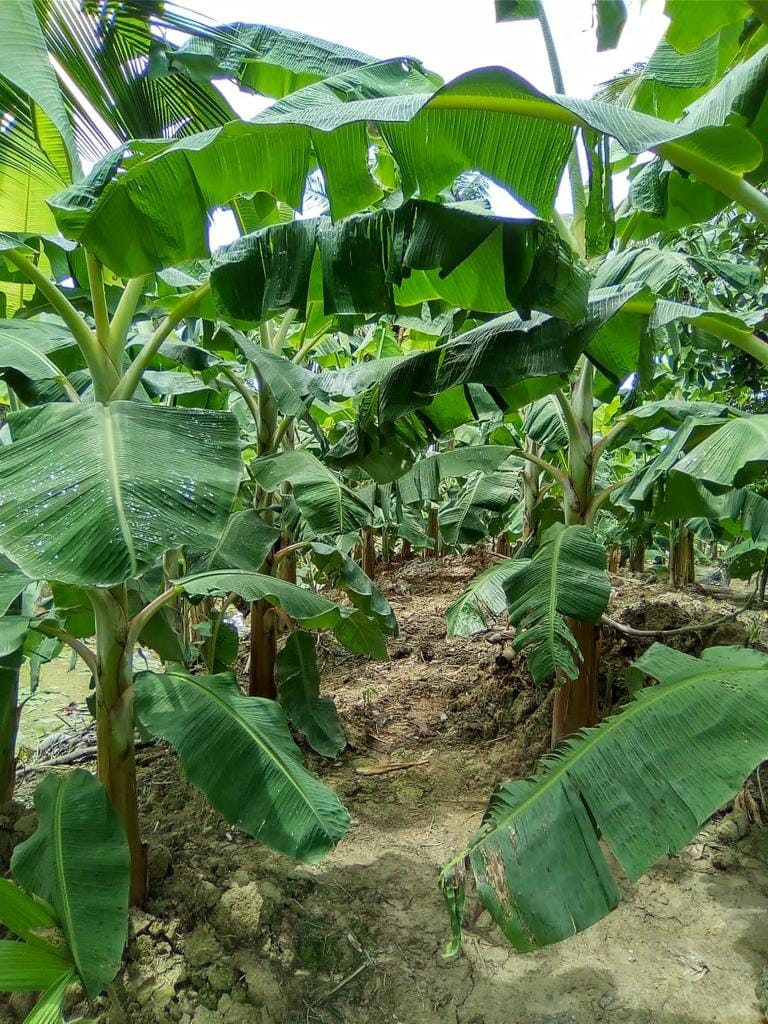
Functions
- Advise on and develop appropriate systems to promote balanced, diversified, and sustained agricultural development and optimize agricultural production through adaptive and investigative research;
- Facilitate the use of improved production technology by establishing adequate feedback systems from agricultural producers in order to achieve and maintain national self-sufficiency and export capacities in food and fibre;
- Provide adequate phytosanitary and crop protection services to farmers, exporters, and the general public;
- Provide adequate quarantine services to enable the exportation and importation of plant and plant products and other regulated articles, to reduce the risk of the introduction and spread of exotic plant pests;
- Deliver quality extension services to farmers, providing advice on the transfer of technology acquired during research operation;
- Provide and have farmers access approved genetic materials to be used in upgrading agricultural products based on market demands and consumer preferences;
- Regulate the importation and exportation of genetic material for agricultural cultivation and development, including live plants, tissue cultures, seeds, and other materials;
- Assist farmers to develop cost-effective and sustainable agricultural production systems through the use of appropriate and market-driven
- Regulate the viewing of crops and post-harvest handling and care of agricultural produce including agro-processing according to acceptable international standards;
- Ensure compliance with the World Trade Organization Agreement on the Application of Sanitary and Phytosanitary Measures and the full implementation of the International Sanitary and Phytosanitary Measures of the International Plant Protection Convention by authorizing the Crop Protection Programme Advisory Committee to discharge such functions and perform such duties;



